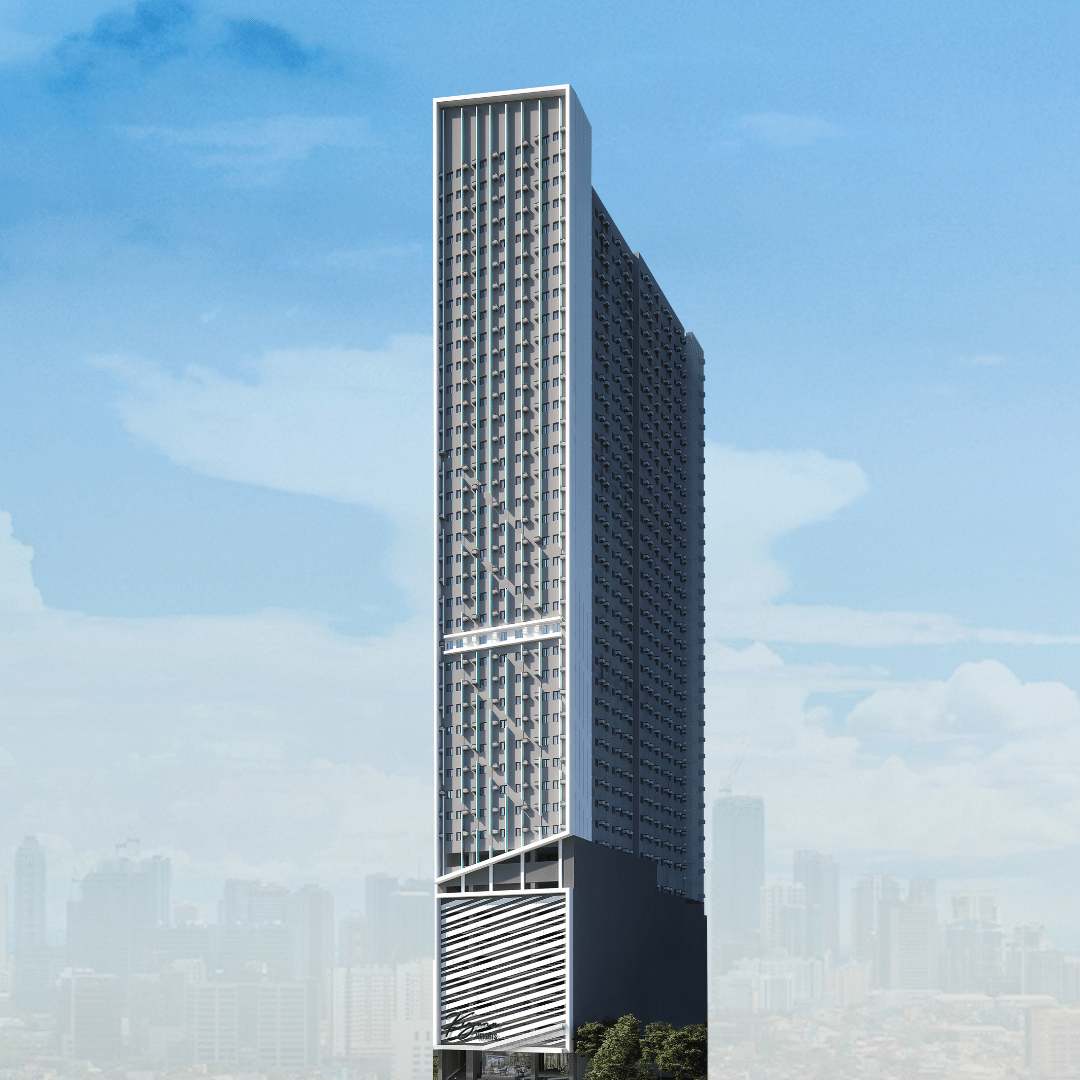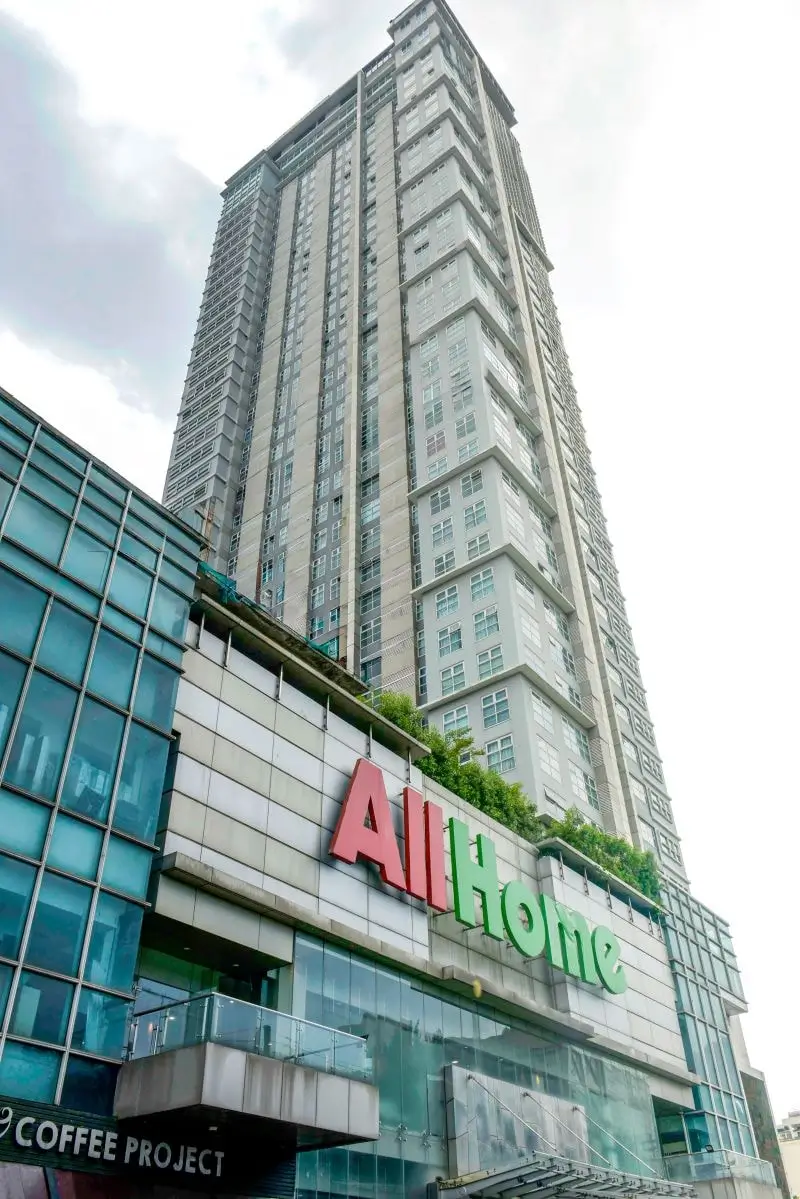Buying a condo is a big investment. It's not just about the initial down payment, but also other costs such as condo maintenance fees, utilities, and property taxes. When buying a condo unit, you should be aware of the warranty that comes with it. It will lower your financial risk if major repairs are needed for non-warranty items. A condo unit warranty is an agreement between you and the developer that covers the repair or replacement of a number of items during the warranty period. In some cases, you are also covered if these repairs are needed outside the warranty period.
There are two types of condominiums: independent and strata title (commonly called strata). An independent condo is a housing project that is developed and built by a private developer on his own land. The owner or owners of an independent condo are the individual unit owners. They don't have to pay common charges to the developer.
A strata title, or commonhold, is a development where the developer owns only part of the land and leases the rest from government entities. The individual unit owners in a strata title development (or building) collectively own everything in it, including the land and all improvements made on it with regard to common areas such as hallways, elevators, lobbies, staircases, and recreational facilities such as swimming pools. Some strata units may also have independent areas that are privately owned by individual unit owners. The developer does not own any part of this land. Therefore, in this case, the ownership is more complex than it is in an independent condo project.
Your condo’s warranty is provided by the builder’s warranty and the Strata Property Act. The builder’s warranty covers your unit but not the common areas. The Strata Property Act is a law that helps protect you, as a resident, if there are faults with your unit or if you're not getting a good value for money. It also protects you against the misrepresentation of facts by the developer and others in charge of selling units to residents.
An Independent condominium warranty, on the other hand, is a contractual agreement between you and the developer.
The warranty builds on existing provincial plumbing, heating, and electrical codes, but contains additional provisions not found in any legislated building code. The warranty is enforced by a condominium authority.
Condo warranty generally covers defects that affect the unit's "habitable areas", including the following:
Some warranties cover major appliances included in the sale of your unit.
The purpose of most condo warranties is to ensure that true value for money has been provided by offering protection against repairs, replacements, or compensation for faulty or non-working systems.
A condo building's source of financing, builder quality, and type of construction, along with the age and building code requirements at the time it was built may affect whether or not a warranty is purchased by the developer. Warranty coverage may also be affected by legal issues such as bankruptcy.
Condominium residents are legally entitled to full disclosure from developers about warranties prior to buying their units.
According to the British Colombian Strata Property Act, you are required to inspect your unit before you buy it if your unit is brand new or if the building has been significantly renovated. Even in the Philippine setting, this is an important process that is still applied to make sure that your money is invested wisely and that the condominium ensures your safety. This will allow you to see any faults in your unit and discuss them with the developer prior to purchasing a condo unit.
Buying a condo in the Philippines is supported by the law which protects the buyer's safety. From the Writ of Restitution (Rule 2011, Rule 9): "The period within which a condo unit must be in good repair, repairable condition and certified as fit for habitation by a building inspector, shall be the following:
• For condominium units built before 1989, five (5) years from the date it is fit for habitation; or
• For condominium units built after 1989 and subject to inspection as hereinafter provided, one (1) year from the date it is fit for habit.
From the Writ of Possession (Rule 2015, Rule 4):
A condo owner may apply for restitution of his unit if the unit is:
• In disrepair; or
• Not in a fit state for habitation"
Understanding the Condo Unit Warranty
Different warranties cover the following unique areas such as (1) Major appliances: This covers major appliances such as dishwashers, washing machines, etc. Some warranties may also cover major repairs of the common areas such as elevators and hallways.
(2) Building systems: This covers all electrical, plumbing, etc. issues that are related to your unit's system improvement. It also covers any other aspect or part of the building's system. (3) Landmark buildings in the Philippines have their own warranty packages to ensure that the buyer is safe when purchasing a condo unit. The developer provides words such as “Warranty from Developer” or “Total Warranty Coverage from Developer” on every item that is sold in the building, indicating that it comes with a certain level of coverage from the developer itself.
Understanding condo warranties ensure buyers that they get good value for their money. It provides wide coverage of protection for your property and money. It also ensures that the condo association is responsible for providing good service to its residents. If you run into an issue with the system of your unit, or if you're not getting a good value for your money, the developer will have to pay you a certain amount toward compensation if they cannot fully comply with the warranty.
Buying a condo requires a lot of understanding and research. You must know to ask the right questions when you are buying a condo. It is important that you know how to determine if the condo is a good investment, or will be a safe place to own because of its location, city, and accessibility. Choosing a good condo developer for your new home requires an understanding of their reputation in the market as well as what policies they have for protecting buyers from defects during construction and after purchase.
If you are thinking of moving into a new condominium, check out Vista Residences!
Vista Residences is the condominium arm of the country’s largest homebuilder, Vista Land & Lifescapes, Inc. that offers ready for occupancy and pre-selling condominium projects in Manila, Makati, Mandaluyong, Quezon City, Ortigas, Baguio, Cebu, and CDO that are strategically located within major cities, in close proximity to premium universities, transit-oriented locations, and developed business districts.
For more information on Vista Residences, email [email protected], follow @VistaResidencesOfficial on Facebook, Twitter, Instagram, and YouTube, or call the Marketing Office at 0999 886 4262 / 0917 582 5167.










